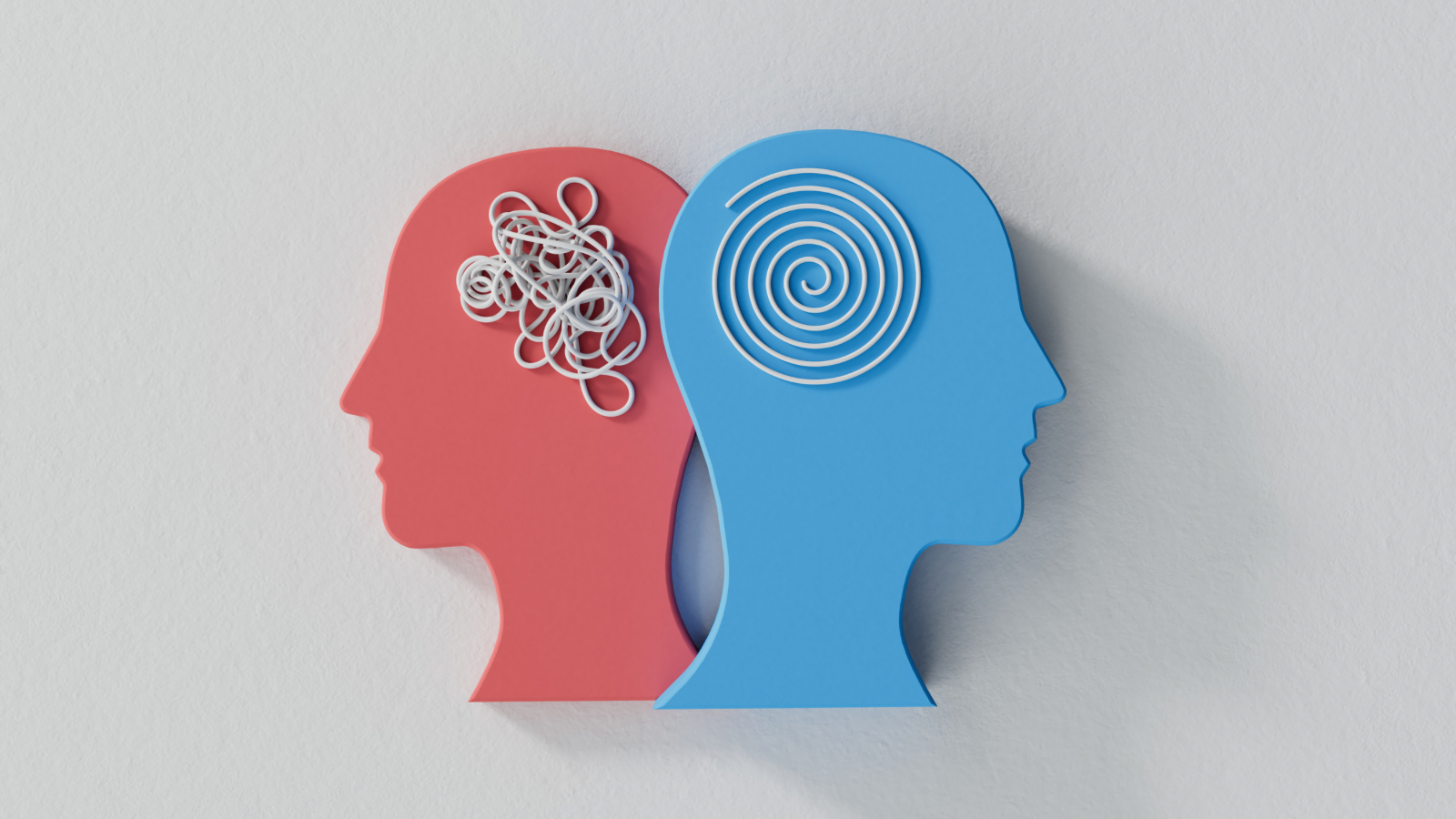A healthy brain is the foundation for a long, vibrant life. Keeping our brain healthy helps us maintain our independence and hold onto our precious memories as we age. Cognitive decline, however, is on the rise in the United States, largely due to our lifestyle choices. Nutrition has a significant impact on the health of your brain. Every day, you can take steps towards improving your brain health.
Here are 5 things you can do right now to improve the health of your brain:
- Increase Intake of Omega 3s: Omega 3 fatty acids are essential for optimal brain health, but 95% of Americans are not getting enough. Consumption of Omega 3s has been shown to increase learning ability, memory, and blood flow to the brain. Good sources of Omega 3s are fish, flaxseed, and walnuts. Supplements can also be helpful; make sure to buy a brand that does 3rd party testing for mercury, such as Nordic Naturals.
- Limit Sugar: High levels of sugar intake leads to increased inflammation in the body. Diets high in sugar are connected to cognitive decline and an increased risk of dementia and Alzheimer’s. The connection between high sugar intake and Alzheimer’s is so strong here that many refer to Alzheimer’s as Diabetes 3, or Diabetes of the brain. To keep your brain healthy, keep your added sugar intake at or below recommended levels (36 grams or 150 calories per day for men, 25 grams or 100 calories per day for women.) and have your blood glucose checked at your annual physical to see if you are at risk.
- Stay Hydrated: Staying hydrated is essential for optimal brain function. Water helps our brain cells communicate with each other and helps eliminate toxic waste that can impact our cognition. Even a 1-2% dehydration can impair cognitive performance. Aim to get 8 cups of water daily and increase your intake of hydrating foods like fruits, vegetables, and soups.
- B Vitamins: Deficiency in B vitamins has been linked to depression, dementia, and mental impairment. There are 8 different B vitamins, and while all work a little differently on the brain, as a group, they help increase energy, reduce brain inflammation, and improve communication between brain cells. Salmon is a wonderful source of all eight B vitamins, while foods like eggs, yogurt, beans, and leafy greens hold high levels of many of the B vitamins.
- Sleep: While sleep is not “nutrition,” its impact on brain health cannot be overstated, and our nutrition can affect how we sleep. Without sufficient sleep, our brains cannot form or maintain pathways that help us learn and hold onto our precious memories. When we are sleep-deprived, our ability to focus and concentrate goes out the window. Losing out on sleep also leaves us reaching for the sugar and high-carbohydrate foods that we know are not good for our brains, as our body craves the energy it did not get from sleep. Most adults need 7-9 hours of sleep each night. If you have trouble sleeping, avoid caffeine after 3 pm and do not eat too much right before you hit the hay. If you do need a snack, some good “sleep-friendly” choices are almonds, turkey, yogurt, or chamomile tea.
While diet changes are never easy, when it comes to improving our brain health, the payoff will always be worth it. Click here to learn more about our dietary services at Live Your Life and contact us today for a free consultation!

